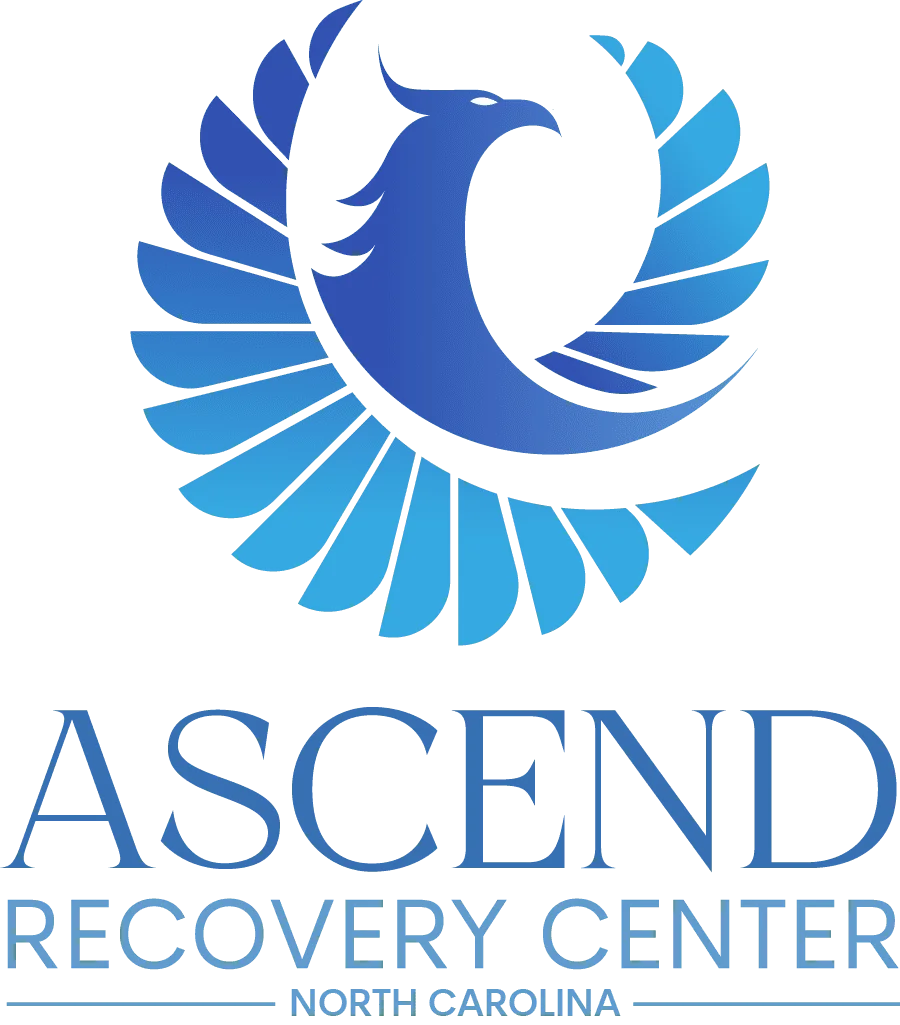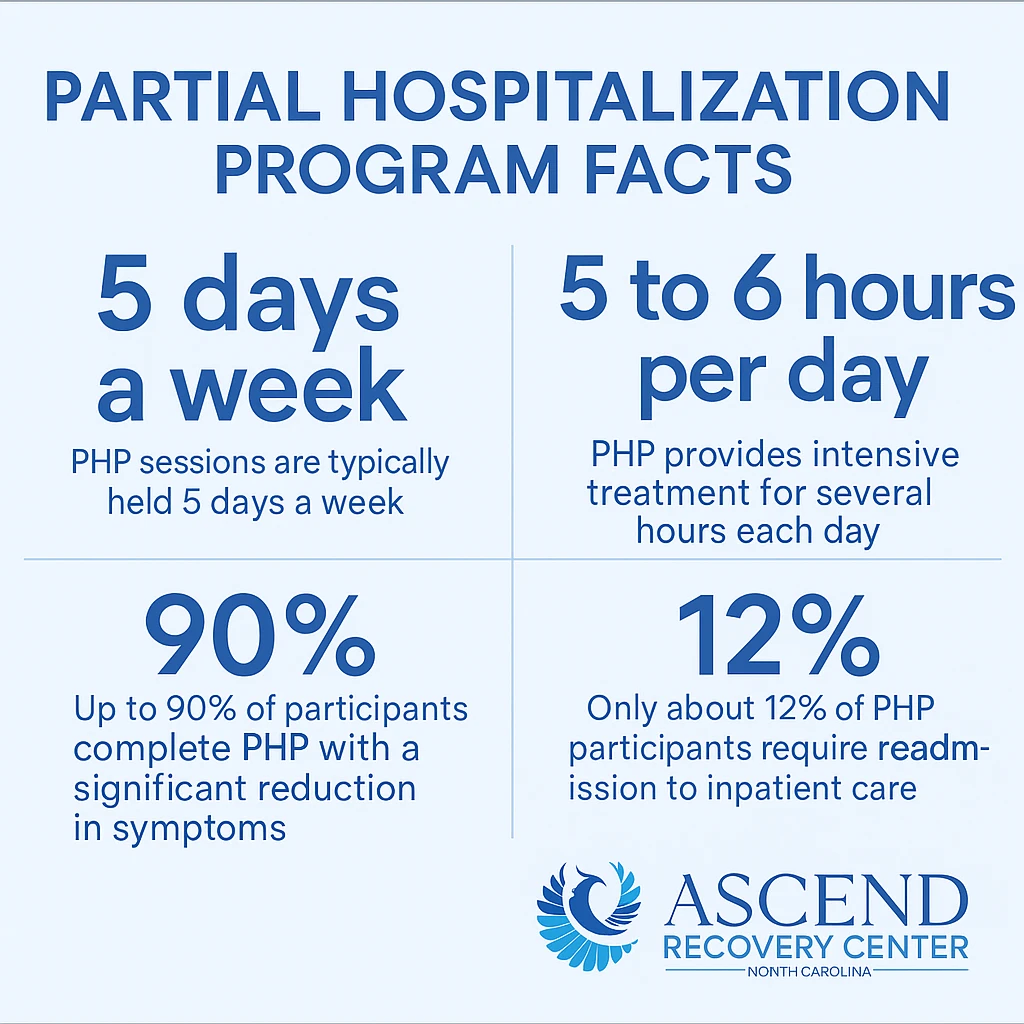The moment you heard your diagnosis, something shifted.
Maybe it was relief. Maybe confusion. Or maybe fear—especially when the next thing handed to you was a prescription.
If you’re here, there’s a good chance you’re not sure how you feel about medication. You may have questions, worries, or even grief around what taking it could mean. Will it dull who I am? Will it work? Will it make me feel like someone else?
These are not just clinical questions. They’re personal ones. Identity-level ones.
And at Ascend North Carolina’s partial hospitalization program in Charlotte, we believe that kind of fear deserves something deeper than reassurance. It deserves time, space, and real support.
Medication Hesitancy Is Normal—And It’s Not a Barrier to Care
If you’re afraid of medication, you’re not alone. We meet people every week who feel uncertain, cautious, or resistant after a new diagnosis.
Sometimes the fear is based on experience—maybe a loved one struggled with side effects. Sometimes it’s more existential: “What if meds make me feel numb, or not like myself anymore?”
There’s also fear of judgment. Many people worry that if they don’t say “yes” to medication, they’ll be seen as difficult, noncompliant, or in denial.
At Ascend, we reject that thinking. We don’t believe fear makes you difficult. We believe it makes you thoughtful—and your thoughtfulness has a place here.
What Is a Partial Hospitalization Program—and What’s It Like?
A partial hospitalization program (PHP) is a highly supportive, short-term mental health treatment option. It’s more structured than traditional outpatient therapy, but less intensive than inpatient hospitalization.
At Ascend’s Charlotte PHP, you’ll attend treatment during the day—typically 5 days a week—and return home in the evenings. You’ll receive:
- Daily group therapy for processing, skill-building, and connection
- Weekly individual therapy to focus on personal healing
- Psychiatric consultations only if you want them
- Mental health education to help you make informed choices
- Support from peers who understand what it’s like to be in your shoes
Importantly, PHP is not a hospital. It’s a calm, comfortable space designed to help you feel steady and heard—not overpowered or rushed.
We Don’t Push Medication. We Create Space for You to Decide.
Some treatment programs treat medication as a “requirement.” We don’t.
Our clinicians may talk with you about medication. But no one will tell you what you “have to” take. Instead, we listen. We ask what you’re afraid of. We help you learn the facts, question your own assumptions, and figure out what actually feels right for you.
You may ultimately decide to explore medication later in your treatment. Or not. Either way, you’ll be met with the same level of care, respect, and access to services.
You Can Still Make Progress Without Medication
Here’s what often surprises people: You don’t need to be on medication for PHP to work.
Because PHP isn’t about a pill—it’s about process. The kind of healing that comes from:
- Talking honestly about what you’re going through
- Learning how your mind and body respond to stress
- Building skills to manage intense emotions
- Finding community in people who’ve been where you are
Medication can be helpful for many, but it’s not the only thing that helps. And even without it, many clients find themselves feeling clearer, stronger, and more in control by the time they graduate from our program.
A True Story: “I Was Afraid Meds Would Steal My Creativity”
One of our former clients, a 30-year-old graphic designer, entered our program with a recent bipolar II diagnosis. She was terrified that taking medication would “flatten” her creative spark.
So we started with what she was open to: therapy, coping skills, routine. She explored her symptoms in a nonjudgmental space and found language for experiences that had confused her for years.
Six weeks later, she chose to start a very low dose of mood stabilizer—with full support and full control. And six months after that? She was still designing. Still writing. Still feeling like herself—just less on edge, more steady.
When You’re Not Ready, PHP Gives You Room to Breathe
New diagnoses come with a lot of noise—opinions, plans, expectations. PHP quiets that noise. It gives you space to ask, feel, and figure things out on your own terms.
This isn’t about jumping into action. It’s about moving at a sustainable pace.
You don’t need to be fully ready. You just need to be willing to explore. To show up. To stay curious.
Why Ascend North Carolina Is Different
There are many PHP programs in the region—but Ascend’s Charlotte team is built around one core belief: healing begins with honoring autonomy.
We serve individuals who:
- Have just received a new mental health diagnosis and feel overwhelmed
- Are scared to try medication, or want to understand it better first
- Have tried therapy before, but need more structure or support
- Want a treatment team that listens first and directs later
Here, your identity, culture, and voice matter. Whether you’re neurodivergent, LGBTQ+, trauma-impacted, or just tired of feeling misunderstood—we hold space for all of it.
FAQs: Starting PHP When You’re Unsure About Medication
Do I have to take medication to participate in PHP?
No. Medication is not required. Many clients go through PHP without taking psychiatric medication. You’ll still have full access to therapy, education, and support.
Will I be judged if I don’t want meds?
Absolutely not. Your preferences are respected here. Our clinicians are trained to collaborate, not coerce. We’ll meet you where you are.
What happens if I do want to try medication later?
You’ll have the opportunity to meet with our psychiatric provider if and when you’re ready. They’ll work with you to explore options slowly, carefully, and transparently.
Can I get help understanding what my diagnosis means?
Yes. Our PHP includes psychoeducation sessions that break down mental health conditions in a way that’s clear, human, and helpful—not overwhelming or medicalized.
Will PHP still benefit me without medication?
Absolutely. The core of PHP is therapeutic: it’s about healing through connection, self-understanding, and skill-building. Meds can be helpful, but they’re not the only route.
Is Ascend’s PHP program only for people in crisis?
No. PHP is ideal for people who need more than once-a-week therapy, but don’t require hospitalization. If you’re newly diagnosed, overwhelmed, or struggling to function day-to-day, PHP could be a strong fit.
You Don’t Have to Rush. But You Don’t Have to Stay Stuck, Either.
You’re allowed to question. You’re allowed to say “not yet.” You’re allowed to want to feel like yourself again without rushing into something you’re not sure about.
Ascend Recovery Center’s partial hospitalization program in Charlotte was built for people just like you—people in the in-between. Not in crisis, but not okay. Not sure, but still trying.
This is a safe space for your fear. For your hope. For your own next step.
📞 Call (844) 628-9997 or visit to learn more about our partial hospitalization program services in Charlotte, North Carolina. Whether you’re ready or just wondering, we’re here—and we’ll meet you where you are.



